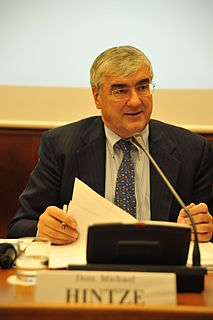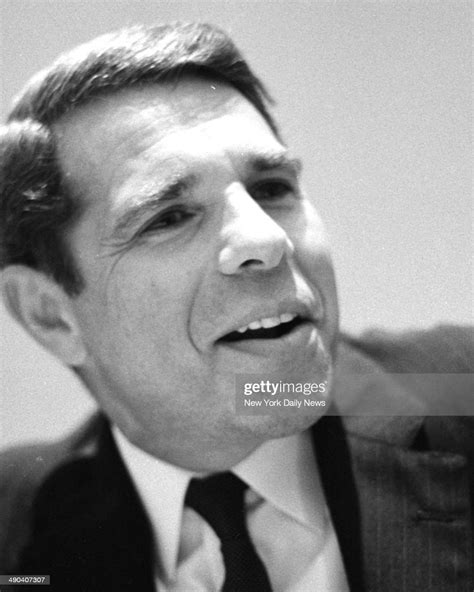A Quote by Angela Merkel
The question is: Would there be a market in Germany for certain types of employment if one were to allow the employed person to earn less than is necessary to maintain his standard of living?
Related Quotes
Nobody's busting into YOUR apartment at three in the morning, are they? Well, then don't worry about what they're doing in South Korea and places like that. It's like the standard of living. Are you content to achieve your higher standard of living at the expense of people all over the world who've got a lower standard of living? Most Americans would say yes. Now we ask the question, are you content to enjoy your political freedom at the expense of people who are less free? I think they would also say yes.
The system is not intended as a substitute for private savings, pension plans, and insurance protection. It is, rather, intended as the foundation upon which these other forms of protection can be soundly built. Thus, the individual's own work, his planning and his thrift will bring him a higher standard of living upon his retirement, or his family a higher standard of living in the event of his death, than would otherwise be the case. Hence the system both encourages thrift and self-reliance, and helps to prevent destitution in our national life.
In the United States the government has become less important. So, it's democracy, but as each year passes it seems that the government plays less of a role in people's lives, and so they're living in whatever situation their employment imposes upon them more than they're living in a grand political system.
The amount of force and violence necessary to board the train, for example was no less and no more than the amoount of politeness and consideration necessary to ensure that the cramped journey was as pleasant as possible afterwards. What is necessary? That was the unspoken but implied, and unavoidable question everywhere in India.
When traders were able to earn a million dollars, of which base pay was $150,000 to $200,000 and the rest was bonus, they would go for it. Now if you're sitting there earning $600,000, you become less risk-seeking. And if you have less risk-seeking, the ability of the market to be incredibly volatile is increased.
Italy is the fourth-largest economy in Europe and the eighth-largest economy in the world, and its banking system is collapsing. And Germany is desperate. It must maintain its standard of living. It can only do that with exports and Deutsche Bank is very exposed to Italian debt. But so is the rest of Europe.











































